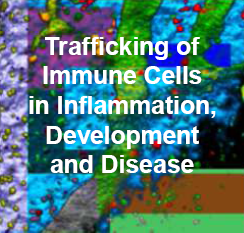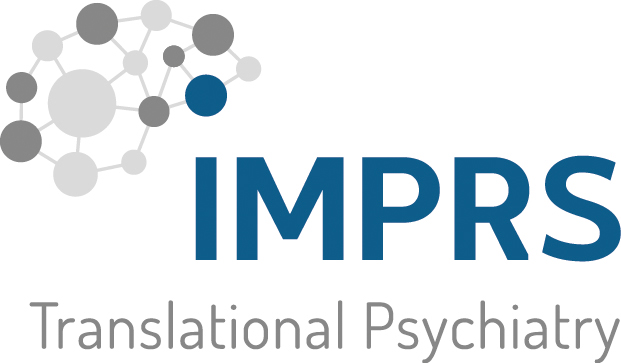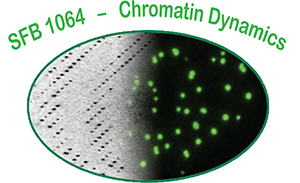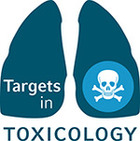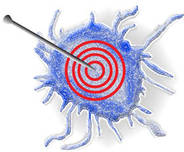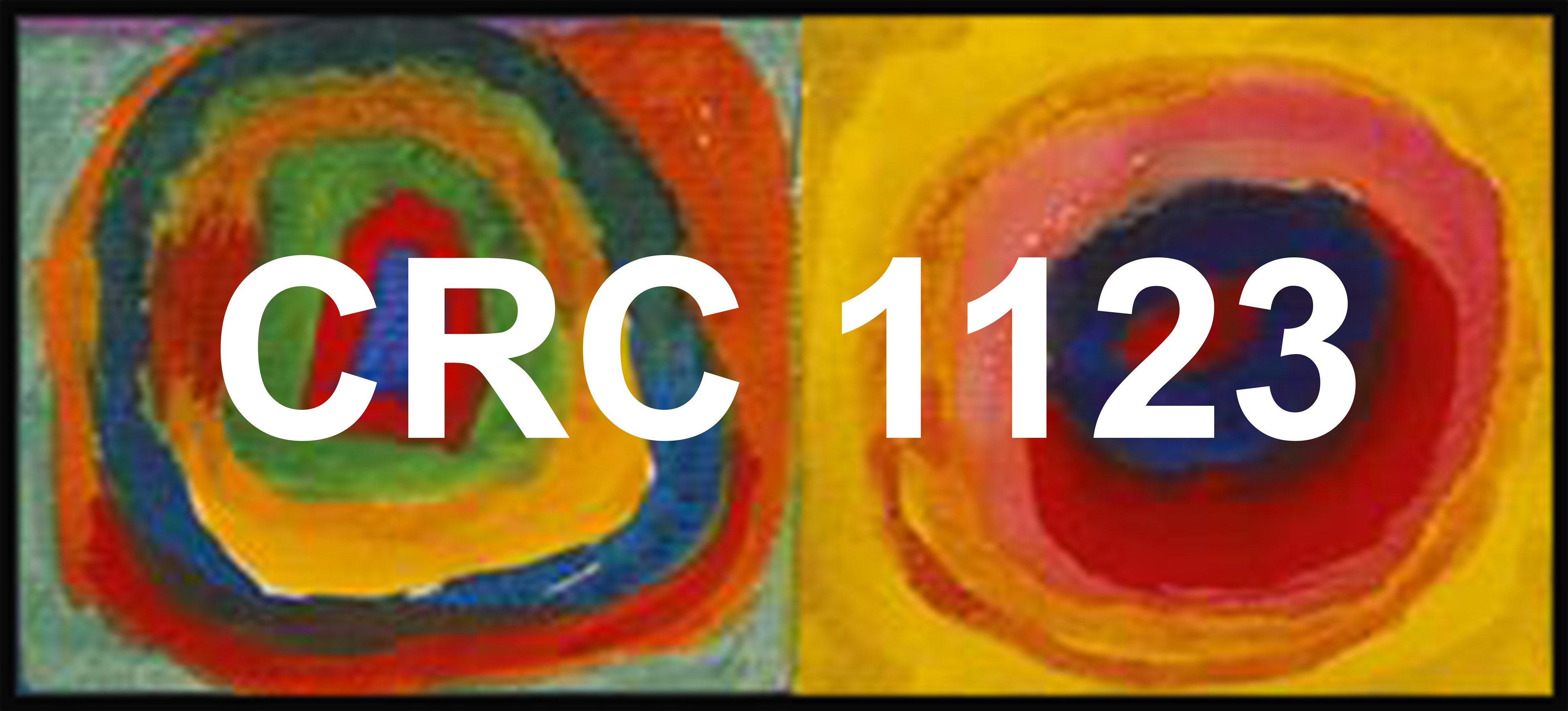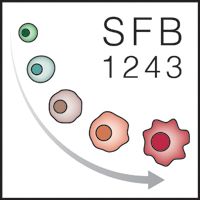SFBs und Graduiertenkollegs
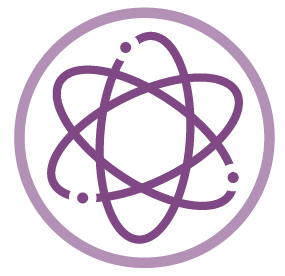 Auch Sonderforschungsbereiche und Graduiertenkollegs haben die Möglichkeit ihren Studenten im Rahmen eines entsprechenden Graduiertenprogramms einen Ph.D. in Medical Research anzubieten. Derzeit nehmen folgende SFBs und GRKs dieses Angebot wahr -
Auch Sonderforschungsbereiche und Graduiertenkollegs haben die Möglichkeit ihren Studenten im Rahmen eines entsprechenden Graduiertenprogramms einen Ph.D. in Medical Research anzubieten. Derzeit nehmen folgende SFBs und GRKs dieses Angebot wahr -
SFB 914
Studying the signals that navigate leukocytes within the vascular system and between different compartments on the cellular and molecular level is the main focus of the SFB 914. This requires a broad metholodological spectrum ranging from molecular and cellular biology tools and physiological in vivo approaches to complex bio-imaging applications.
IMPRS-TP
Die IMPRS-TP bietet eine interdisziplinäre Ausbildung im Bereich molekularer, zellulärer und systemisch psychiatrischer Forschung für herausragende Doktoranden in einem von wissenschaftlichen Spitzenleistungen geprägten Umfeld um translationale Forschung zu fördern. Ergänzend zu traditionellen Doktorandenstellen bieten wir ein einzigartiges integriertes PhD/Facharzt Programm für Mediziner an.
SFB 1064
The SFB 1064 focuses on fundamental aspects of chromatin dynamics. It aims at understanding principles and mechanisms that endow chromatin organisation with diversity, flexibility and plasticity to respond to environmental and developmental cues. CRC research strives for an integrated understanding of chromatin structure and function from atomic resolution, via molecular interactions and mechanism to finally reach the microscopically resolvable structures of nuclei in physiological settings.
GRK 2338
The Research Training Group “Targets in Toxicology - Deciphering Therapeutic Targets in Lung Toxicology” is a newly founded structured Ph.D. program which brings together twelve research partners in the Munich region. Principal investigators from the LMU Munich, Helmholtz Zentrum München, Technische Universität München, and the Bundeswehr Institute of Pharmacology and Toxicology have teamed up to acquire an in-depth mechanistic understanding of toxic lung injury and to develop the new concept of “precision toxicology” in acute and chronic toxic lung injury.
i-Target
Im internationalen Graduiertenkolleg des Elitenetzwerk Bayerns "i-Target - Immunotargeting of Cancer" werden angehende Wissenschaftler gezielt in der präklinischen Entwicklung von Tumorimmuntherapien ausgebildet.
SFB 1054
The SFB 1054 will explore control and plasticity of cell-fate decisions in the immune system, identify input signals that determine stability and flexibility of differentiation, and characterize the molecular basis for how these signals are decoded.
ChroMe
ChroMe’s research targets an important nexus between metabolism and chromatin. This holds great promise to develop novel metabolic disease therapeutics, predict disease risk and take new preventive measures that can correct the genetic and epigenetic predisposition to obesity and diabetes. The research goals of ChroMe are to understand how chromatin is steered by metabolism to sustain health or cause disease, and to exploit our knowledge and expertise to develop new therapies.
SFB 1123
The main focus of the Collaborative Research Center (CRC) 1123 Atherosclerosis – Mechanisms and Networks of Novel Therapeutic Targets is to study in-depth the molecular networks in atherogenesis, atheroprogression and atherothrombosis as the pathological sequence underlying coronary artery disease, in order to identify and verify novel targets for treating atherosclerosis. With this aim in mind, our CRC brings together researchers of different disciplines, institutions and universities in Munich.
SFB 1243
Der SFB 1243 "Genetische und epigenetische Evolution von hämatopoetischen Neoplasien" untersucht verschiedene Aspekte der Krebsentwicklung, insbesondere die schlechte Prognose bei akuter myeloischer Leukämie und indolenten Lymphomen, aus einer evolutionsbiologischen Perspektive. Es soll die Entwicklung der genetischen, epigenetischen und transkriptionellen Veränderungen untersucht werden, in zellulären Systemen, bei Mäusen und bei Patienten. Ziel ist es die evolutionäre Dynamik von Tumoren zu verstehen. Computergestützte Modelle sollen helfen, die dabei relevanten Parameter zu quantifizieren
ITN Keep Control
Balance and gait deficits are ubiquitous among the older population, and lead to enormous personal, occupational and health care burden. Emerging pharmacological and non-pharmacological interventions to date have only small to moderate effects on these deficits. This is likely due to remaining fundamental questions on underlying mechanisms and treatment.
Keep Control consists of a rare EU-wide combination of experts from clinical, biomechanic and neuroscience research, along with experts from the industry, who all aim at gaining a better understanding and treatment of balance and gait deficits in older adults.
MvPI Infection research
Das Max von Pettenkofer-Institut (MvPI) der LMU bietet unter dem Dach der MMRS ein neues strukturiertes internationales Promotionsprogramm (ab Wintersemester 2019/2020) mit dem Namen "Infection Research on Human Pathogens@MvPI an. Dieses Promotionsprogramm kombiniert die Bearbeitung eines individuellen Promotionsprojekts (Doktorarbeit) aus dem Bereich Infektionsforschung (mit Schwerpunkten aus Mikrobiologie/bakterielle Pathogene, Mikrobiotaforschung, Virologie und Infektionsimmunologie) mit programmspezifischen Rahmenveranstaltungen zur Vertiefung und umfassenden thematischen Abrundung in zentralen und aktuellen Themen der Infektionsforschung sowie weiteren praktischen Kursen und Angeboten zu transferable Skills.
T-OP: Training Network for Optimizing Adoptive T cell Therapy of Cancer
Over the last years, immunotherapy – using a patient’s own immune system to fight tumours – has emerged as an important complement to standard treatments. Adoptive T cell therapy (ACT), the collectioin and transformation of the patient’s own T cells to treat cancer. T-OP targets a pioneering research question: how do cytokines influence the therapeutic outcome of ACT products? T-OP brings together interdisciplinary and cross-sectorial teams spanning large and small-sized companies as well as experts in different aspects of cell therapy, immunology, protein engineering and bioinformatics. T-OP will train by research 15 Early Stage Researchers (ESR), enabling them to develop efficient therapeutic solutions and to tackle economic opportunities.
ImmuTrain
IMMUTRAIN is an Innovative Training Network bringing together experts in the fields of monoclonal antibodies, dendritic cells, T-cells and immunomodulatory nucleic acids with a considerable industrial involvement. The network comprises nine academic research groups and five industrial partners in a total of nine European countries. IMMUTRAIN creates actively synergies between those sectors by forming and promoting young researchers to match the challenges of immunotherapies. Particular focus is placed on combinatorial therapies and on the new emerging field of bispecific antibodies used to target both the tumor and the patient´s immune system. 15 Ph. D. students (Early Stage Researchers, ESR) reinforced by the project leaders investigate innovative therapeutic strategies and provide the rationale for future clinical trials. Throughout their projects, ESR learn to integrate academic and industrial aspects and sharpen their experimental and complementary skills in a well-designed and diversified training program.


